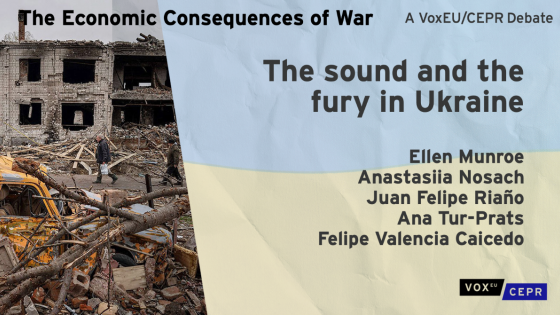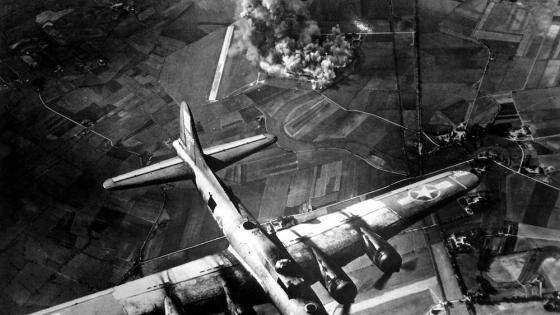DP15292 Bombs, Broadcasts and Resistance: Allied Intervention and Domestic Opposition to the Nazi Regime during World War II
Can bombs and broadcasts instigate resistance against a foreign regime? In this paper, we examine the canonical case of bombing designed to undermine enemy morale—the Allied bomber offensive against Germany during World War II. Our evidence shows that air power and the airwaves indeed undermined regime support. We collect data on treason trials and combine it with information on the bombing of over 900 German towns and cities. Using plausibly exogenous variation in weather, we show that places that suffered more bombardment saw noticeably more opposition. Bombing also reduced the combat motivation of soldiers: fighter pilots from bombed-out cities performed markedly less well after raids. We also provide evidence that exposure to BBC radio, especially together with bombing, increased the number of resistance cases. We corroborate these findings with the evidence on people’s opinions and behavior using unique survey data collected in 1945.


